Are Blockchain Games the Future of the Gaming Industry?
Hey there! So, imagine sitting back on a Friday night, controller in hand, and diving into a game that not only entertains but also lets you own your in-game assets, trade them, and even earn real rewards. Sounds awesome, right? Well, that’s the magic of blockchain gaming, and it’s entering a whole new stage of maturity! But let’s break this down a bit.
Key Takeaways:
- Blockchain gaming has made substantial improvements in accessibility, with onboarding friction plummeting from 79.5% to 53.9%.
- Major industry players like Sony and Square Enix are stepping into blockchain via Layer-2 solutions.
- Public perception remains a challenge, with 66% of projects working to gain credibility.
- The narrative of true ownership is driving players towards blockchain games, with 71% valuing that aspect the most.
- Transitioning from play-to-earn models to more sustainable merit-based systems is reshaping the landscape.
- The introduction of terms like "autonomous worlds" and "fully on-chain games" signals a shift towards a future where games operate entirely on blockchain.
Alright, so jumping right into it, the gaming world is getting a significant facelift as blockchain technology takes center stage. This isn’t just some niche fad anymore; it’s legitimate and evolving. Major companies are finally dipping their toes into this water. You’ve got industry giants like Sony and Square Enix actively exploring layer-2 solutions—this is huge! It reflects how serious the traditional gaming community is about integrating blockchain technology to enhance player experience.
The Perception Problem
Now here’s the catch: despite all this growth and hype, public perception is still a major hurdle. The report indicates that a staggering 66% of blockchain gaming projects are fighting against the stigma that these games are scams. That makes sense, right? When you hear “crypto,” some folks think of wild parties in deep Web3 corners where uncertainty reigns. But in reality, there’s so much effort going into creating genuine experiences.
And it gets better—onboarding is becoming smoother. The friction players experienced while trying to dive into these games is declining rapidly. Dropping from nearly 80% to just over 53% is no small feat. This means more players can jump in without having to battle through complicated crypto sign-ups. It’s kind of like the ignition timing of a car—get it right, and you’ll cruise smoothly!
Player Empowerment: The Driving Force
BGA President Sebastian Borget highlights that player empowerment is the heart of this shift. Over 71% of respondents see ownership as the biggest advantage of blockchain gaming. This is crucial! Instead of spending hours grinding in a game only to have the developers take everything back when the game ends, players can own their assets and possibly cash in on them later. That opens up exciting avenues! Want to sell your rare sword to another player? You can do that.
Finance Tips:
- Invest Wisely: As we see traditional gaming companies entering the scene, it might be worth seeking out projects they back or that are generating genuine excitement. Their involvement often provides a stamp of quality.
- Market Watch: Keep an eye on upcoming games focusing on user experience. Those that streamline the integration of blockchain will likely see greater adoption.
- Diversify Assets: If you do invest in tokens or NFTs related to these games, ensure you aren’t putting all your eggs in one basket. There are plenty of projects, so research and develop a diversified portfolio.
A Shift in Play-to-Earn Models
Now, let’s chat about that play-to-earn model—everyone loved it, but it had flaws. The previous version created hyper-inflationary rewards, causing chaos. Imagine getting a nice watch but then seeing that price deflate because everyone else has it too! The new merit-based, activity-driven systems being developed are focusing on how to use on-chain assets smartly. It’s a balancing act that, once mastered, could stabilize the economy of these games.
The Future: Autonomous Worlds and On-Chain Games
So, what’s next? Welcome the terms "autonomous worlds" and "fully on-chain games." These concepts suggest that entire games could exist on the blockchain, governed by transparent rules that can evolve based on community input. This could lead to experiences that adapt to your gameplay style, almost like having a game that learns while you play! Imagine defeating a boss but the game analyzes your style and changes tactics accordingly.
Gillian Pua from Sovrun emphasizes that this on-chain transparency not only changes how we see ownership but also opens the door for AI agents—these could create intelligent, adaptive gameplay, which sounds like something straight out of a sci-fi movie!
Final Thoughts
The evolution of blockchain gaming points to a landscape filled with potential. It’s no longer just about owning virtual assets but creating a whole new gaming experience where the rules can adapt and change. As players, we could find ourselves at the center of a community-driven ecosystem.
So, here’s a thought to chew on: In this rapidly evolving world of blockchain and gaming, will players take the reigns of their gaming adventures, or will traditional gaming giants steer the ship? Only time will tell, but one thing’s for sure—this is just the beginning. What do you see for the future of gaming as blockchain continues to develop?

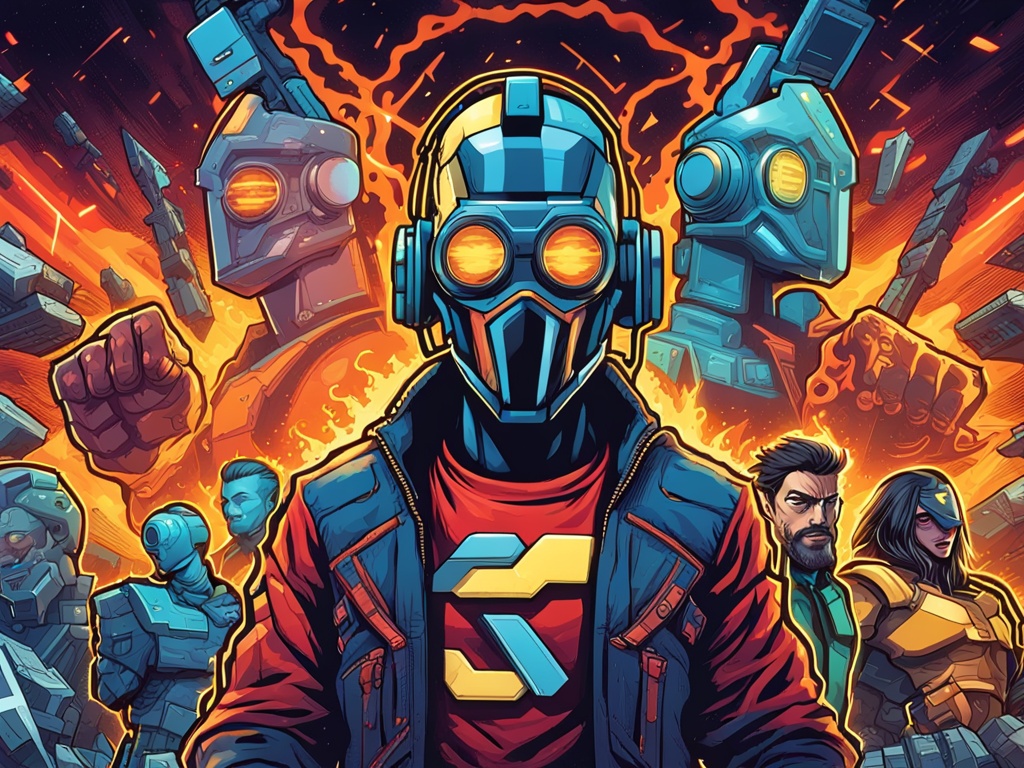
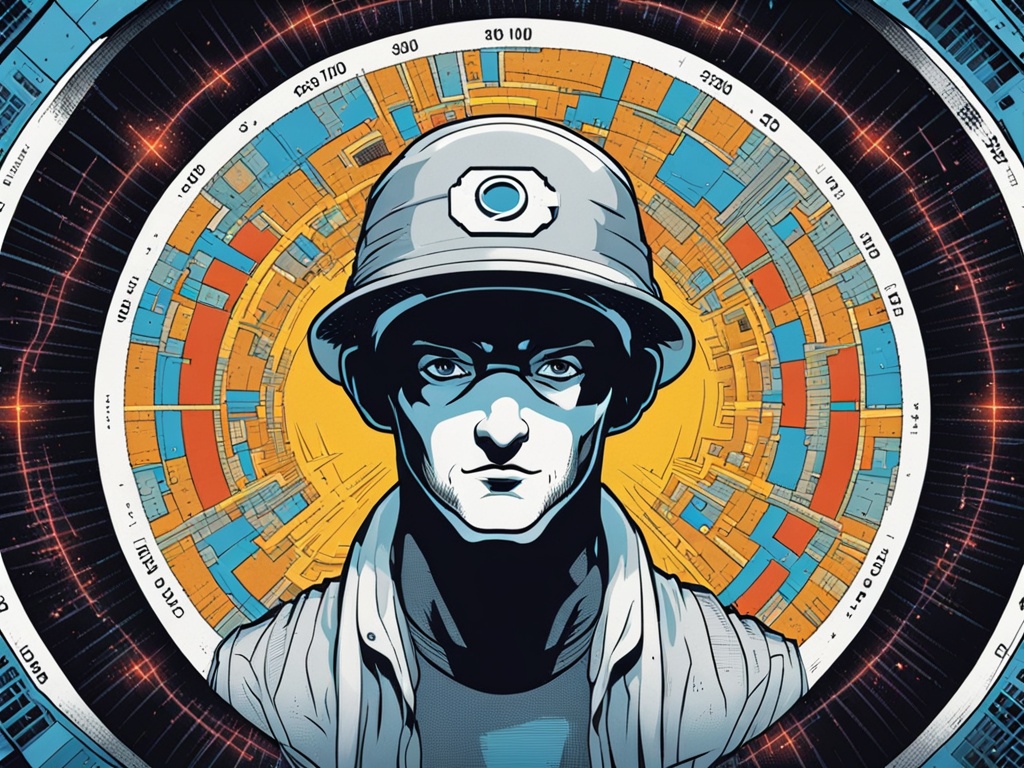


 By
By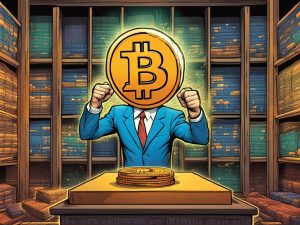
 By
By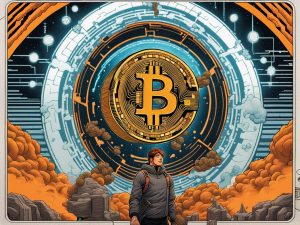
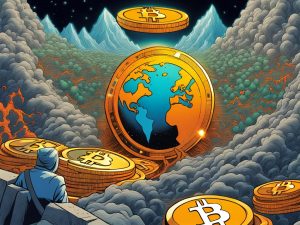
 By
By

 By
By